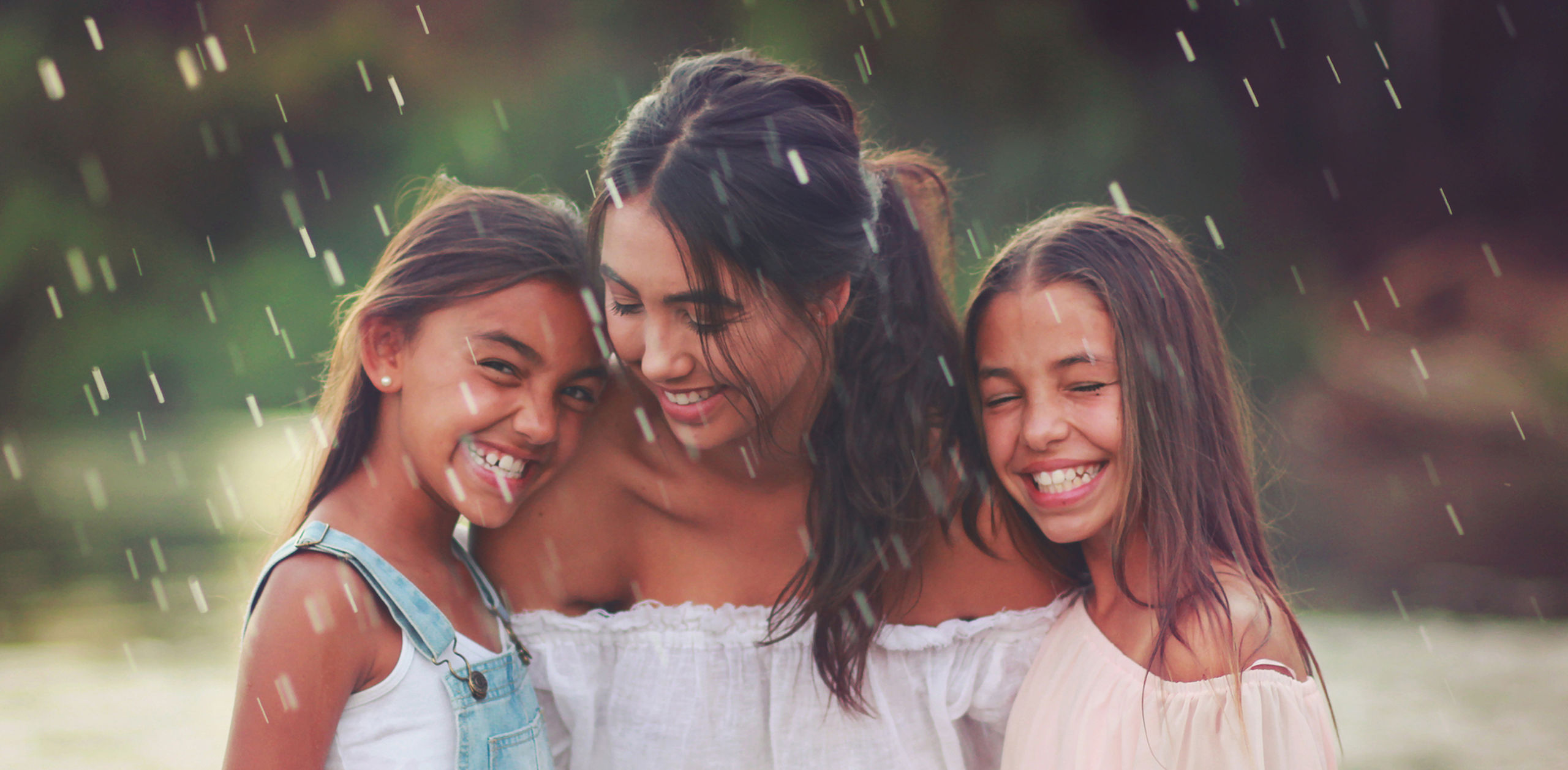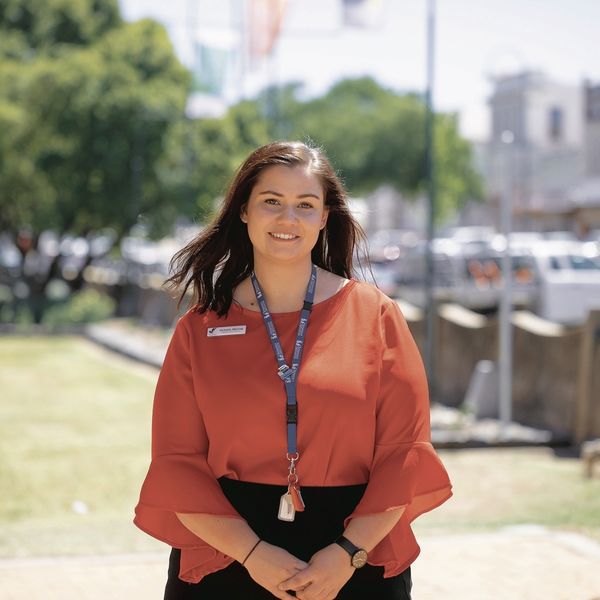
World Class Education.
When Paul Lunney was studying medicine in 2013 he took the opportunity to “round out his medical experience through seeing some rural medicine versus metropolitan medicine” for a year.
“I absolutely loved it. I fell in love with the place, it was just such a welcoming and warm community, I felt the hospital environment and the university here, the School of Rural Health, were very supportive in terms of being a student but also a new member to the community.
“I always thought I would return to Sydney and go into some sort of speciality training, but I decided I actually wanted to move to Dubbo and live and work here instead.

The importance of Community.
When Gargi Ganguly was told by friends to move to Dubbo for work because it was an easy place to raise a child she listened. It was 1999 and Gargi was offered a position by the NSW Government with two locations to choose from.
“I was a single mum and was told by friends that Dubbo was the place to choose. Indeed, it was.
“Dubbo is a family friendly orientated community and there was a village around me to help raise my child. I was lucky to create networks through my activities and through my child, through school and sports, and through enduring friendships and relationships I found my place in town.
“There are hundreds of reasons to say no, but there is only one to say yes, and that’s to make a difference in the community.
“Dubbo is my home, that’s how I see it.”

Discovering the work life balance.
We are Banjo and Jayne Davidson and we are a husband and wife veterinary couple who moved from Tamworth to Dubbo almost two years ago.
We have always lived in rural and regional towns and compared to Tamworth, this is really quite similar, though the biggest surprise has been just how easy it is to live here in Dubbo.
We love being involved with the community and taking advantage of all the region has to offer and this move offered us a better work/life balance, which was needed when our son was born in May 2024. We now also have time to visit with friends and family more often, whether that’s out camping or just catching up with them at the pub.

A life-changing adventure.
Cristina and Kai Pahl made the move from Brisbane to the Dubbo Region. The family’s life-changing adventure landed them in Dubbo just two months before the COVID-19 lockdowns, and whilst it was a big change for everyone during that time, their experience in community has been great.
One of the first things that struck the Pahl family when they moved from Brisbane to Dubbo in 2021 was how multicultural and friendly it is.







